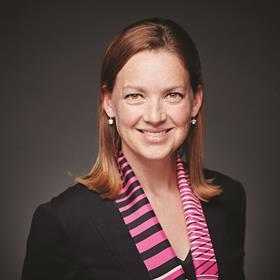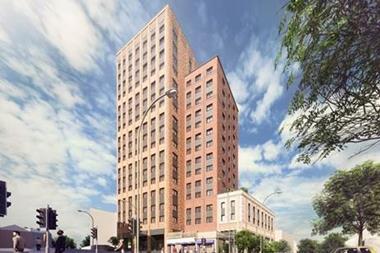For some of the UK population, the recent pandemic has shone a light like never before on a previously less visible issue affecting society: mental wellbeing. One in four people in the UK are now affected by a mental health problem, according to health.org.uk.

Mental health and wellbeing issues can affect all individuals, but have been a particular concern for young people during the pandemic, with students living away from home for the first time among the most vulnerable. Young people have had to deal with uncertainty and a loss of normality without in-person classes, as well as difficulty making friends, isolation and lost employment.
While much has been written about the impact of building design on wellbeing (notably space, light and communal areas), Covid-19 has brought into stark focus the importance of experienced onsite community teams that can offer students pastoral care and emotional support through multiple channels combining both tech and people.
We operate a European portfolio with more than 28,000 owned and managed student beds, leveraging 30 years of global experience in rental housing to deliver an exceptional resident experience. Each building is tailored to its local market and student audience with four brands across five countries serving students from as many as 124 different nationalities.
Many of our residents need the support of an experienced onsite operations team to help navigate their new home, as they are often living in unfamiliar cities or countries. Resident experience is therefore at the heart of our approach, with student wellbeing a key focus.
Long before the pandemic, we partnered with Student Minds – a charity that empowers students to develop the confidence and skills to look after their own mental health – and with Nightline. Greystar’s community teams are trained to support residents’ mental health by carrying out training programmes and reviewing them annually with Student Minds, signposting issues and liaising with universities.
Given the unprecedented challenges posed by the pandemic, the team set up the global Greystar Student Welfare Forum.
One of this group’s initiatives was a new 24/7 Student Assistance Programme, allowing residents to call for professional help if they need support and advising team members dealing with mental-health-related situations.
To support residents’ mental wellbeing, you also have to look at how to build a wider sense of community, particularly for a generation who have grown up in the digital era. Since the start of the pandemic, we have worked hard to foster a strong digital community with online events and an easy-to-use app to streamline direct communications with residents.
We also moved as much of our operations online as possible to reduce unnecessary physical interactions; this included socially distanced check-ins and check-outs.
The increased digital interaction has generated the odd surprise. For instance, participation in our ‘virtual raves’, Sunday night live music events and art classes took off at the start of the pandemic. Fitness classes were also popular, but it is not easy competing with unlimited YouTube classes and fitness guru Joe Wicks. Perhaps the biggest surprise was the popularity of online nutritional courses, as people focused on looking after their physical, as well as mental, wellbeing.
Our operational teams’ direct engagement with students also provides real-time feedback so we can tailor service to residents’ changing needs. These frontline workers are critical to the success of our business, demonstrating a care and dedication to their role that is unsurpassed in the industry.
Michela Hancock is managing director, Europe, at Greystar Europe Holdings






























No comments yet